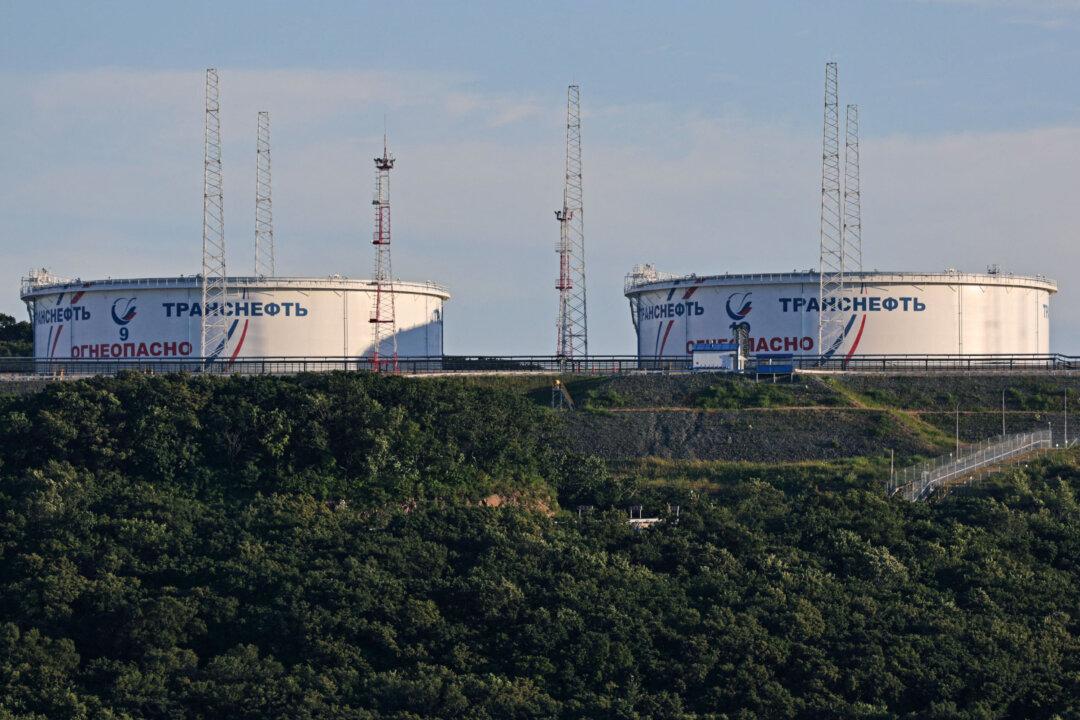Russia’s state pipeline operator said that an attack by Ukrainian drones on Tuesday could disrupt the global flow of crude oil.
The former Soviet state of Kazakhstan’s oil exports could be cut by up to 30 percent for around two months via its main pipeline due to damage from the strike, said Russian pipeline operator Transneft, according to Russian state-owned news agency TASS.





